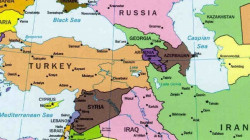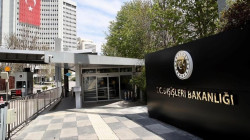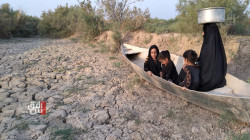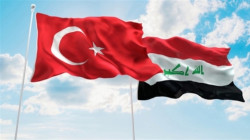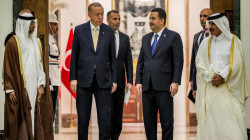Why do Turkey and Iran repeatedly target Iraq?
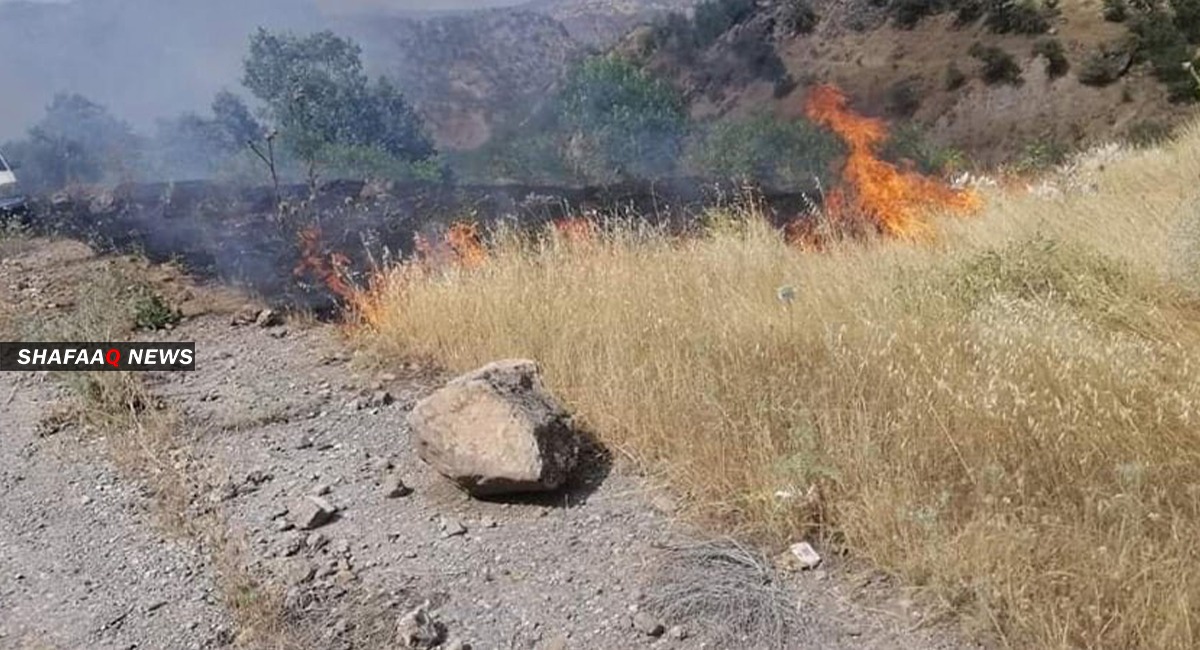
Shafaq News / The Kurdistan Region of Iraq has been under fire from nonother neighboring Iran and Turkey for months now. To justify their deeds, Tehran and Ankara always pull the card of "terrorist organizations" operating against their interests from inside the territory of the semi-autonomous region. This context has raised concerns that those nearly-daily attacks might unfold into a ground invasion under the same pretext amid a near-total silence from the Iraqi government.
On Thursday, the Islamic Revolutionary Guard Corps (IRGC) declared that they would continue their assaults in Kurdistan against armed organizations linked to the Iranian Kurdish resistance, which Tehran designates as "terrorist".
The bombing of the Kurdistan Workers party's sites inside Iraqi territory "140 kilometers from the border" was confirmed on the same day by Turkish Defense Minister Hulusi Akar, who also emphasized that "our struggle will continue against terrorism."
"Shame" on the UN and the Global Coalition
Mahma Khalil, a Kurdistan Democratic Party (K.D.P.) representative in the Iraqi parliament, denounced the ongoing Turkish and Iranian bombardment of the Kurdistan Region, calling it "an attack on the sovereignty of Iraq and its citizens, and a threat to the peace and stability of the region". He also said it is "a shame on the United Nations, the Global coalition, and the strategic agreement with the U.S."
Any transgression, according to Khalil, "is a flagrant violation of the country's sovereignty... the audacity neighboring countries engenders from the weakness of the incumbent cabinet, which is unable to protect its institutions inside Baghdad, let alone the entire country."
The MP pointed out that the violations are based on "false pretexts, and they (neighboring countries) export their internal crises to Iraq," noting, "if the federal government and political forces cannot take a firm response to these attacks, they will be repeated in the future. Therefore, real solutions must be put in place to prevent them, and move locally and internationally by diplomatic means to prevent infringements on the country's sovereignty."
For more than a week, Iran has been conducting sporadic strikes in the Kurdistan region, the most violent of which was last Wednesday, with more than 70 missiles, targeting Iranian Kurdish opposition groups.
At least 14 people, including a pregnant woman, were killed, and 50 others were injured, "mostly civilians, including children under the age of ten," according to Kurdistan's Counter-Terrorism Service.
The IRGC accuse Kurdish groups based in Iraq of "attacking and infiltrating Iran to destabilize security, provoke riots, and spread unrest."
Violation of sovereignty
K.D.P. member Shirawan al-Dobardani asserted, " It is very clear that the federal government has failed in addressing the Iranian onslaught on the Kurdistan Region. It is expected to adopt a serious stance, especially after dozens of civilian victims were lost, including women and children, in the recent shelling."
He further said, "Even though Iran and Turkey are infringing on Iraq's sovereignty, there is a glaring overlap in how these two nations are being dealt with. Furthermore, since the federal government did not take a firm stance, we are concerned that the aggression may continue and turn into a ground invasion to capture certain Kurdistan Region territory and other parts of Iraq."
"In order to call a special session of parliament to discuss Iranian strikes and the ongoing aggression against Iraqi land, more than 113 deputies signed a petition."
Weak government and partisan loyalties:
Political analysts attribute the federal government's "silence" to repeated attacks on the Kurdistan Region to an attempt to force the latter to return to Baghdad, as well as the allegiances of Iraqi parties to neighboring countries.
According to political expert Sabir Ismail, "the current government is temporary and weak, being a caretaker, as there are many disagreements and issues still unresolved between Erbil and Baghdad over the oil and customs files. Additionally, Baghdad thinks that these assaults could make the region weaker and ultimately force it to resort to Baghdad."
Najim al-Ya'qoub, a legal expert and political affairs researcher, said that another reason for the government's "silence" is "loyalties to Turkey and Iran, which affect positions towards the two countries, in addition to the weakness of the military and security establishment, and the failure to build an appropriate deterrent force for such attacks that violate good-neighborliness and the laws of the United Nations and the Security Council."
He urged the Iraqi government to make deterrent decisions by approaching the UN and Security Council to demand sanctions against the two nations, as well as to hasten the end of the political crisis by appointing a government and enacting substantive changes that could put Iraq back in a position of balance in the region.
"Iraq should demand from the two countries recompense for their attacks per international law, and to offer the affected individuals the rights guaranteed by the law," he continued.
The implementation of "an air operation in northern Iraq in the Asus region, 140 kilometers from the border" was declared last Thursday by Turkish Defense Minister Hulusi Akar.
Akar claimed that the PKK leadership's headquarters were the focus of a military operation by the Turkish government, which is considered a terrorist organization by Ankara and its Western allies.
Since mid-April, the Turkish military has been conducting operations against PKK positions and its allies in northern Iraq and is threatening a large-scale simultaneous offensive against PKK militants in northern Syria to establish a security zone along Turkey's southern border.
